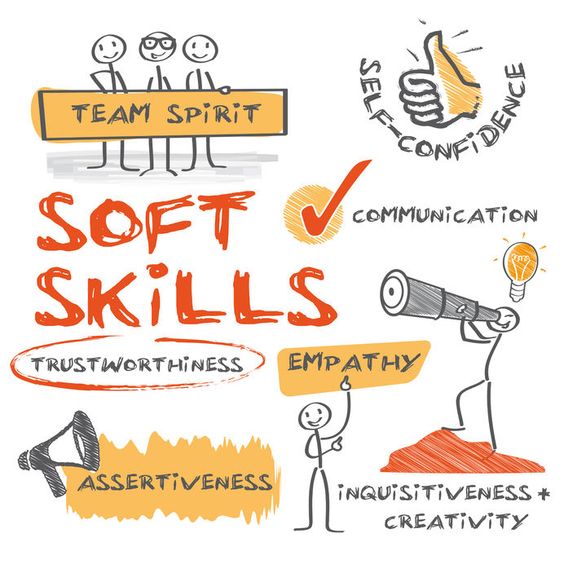Why Soft Skills Are More Important Than Hard Skills

In today’s job market, employers are looking for candidates who possess not only hard skills but also soft skills. Soft skills refer to personal attributes that enable individuals to interact effectively and harmoniously with others. They are the intangible qualities that can make all the difference in the workplace.
While hard skills such as programming, accounting, or engineering are essential, they are not enough to ensure success in today’s dynamic work environment. Employers seek individuals who can work well in a team, communicate effectively, think critically, and adapt to change quickly. In this article, we will explore why soft skills are more important than hard skills.
1. Soft skills are transferable
Unlike hard skills, which are specific to a particular field or job, soft skills are applicable in any workplace or industry. For instance, communication skills, time management, and problem-solving skills are critical in all workplaces, regardless of the field. This versatility makes soft skills essential for career advancement.
2. Soft skills are vital for effective teamwork
In the current business environment, most jobs require collaboration with colleagues or clients. The ability to work effectively with others is an essential soft skill that can make or break a team’s success. Soft skills such as empathy, active listening, and conflict resolution are essential in building positive relationships and creating a harmonious work environment.
3. Soft skills are critical for leadership
A good leader must be able to inspire, motivate and communicate with their team effectively. Soft skills such as emotional intelligence and communication skills are essential for effective leadership. A leader with these skills can build a strong team, resolve conflicts, and improve productivity.
4. Soft skills are essential for customer service
In any business, the customer is king. Soft skills such as active listening and problem-solving skills are vital in providing excellent customer service. Employees with these skills can build a rapport with customers, understand their needs, and offer solutions that exceed their expectations.
5. Soft skills are harder to teach than hard skills
Hard skills can be taught through training and education, but soft skills are usually learned through experience and personal development. While some people may be naturally gifted with some soft skills, others may need to work harder to develop them. Therefore, individuals who possess soft skills are highly valued in the job market.
Conclusion
While hard skills are essential, soft skills are equally important, if not more so. Soft skills are transferable, vital for teamwork, critical for leadership, essential for customer service, and harder to teach than hard skills. Therefore, job seekers should focus on developing their soft skills to stand out in the highly competitive job market. Employers, on the other hand, should prioritize soft skills when hiring and promoting employees to ensure a harmonious work environment and achieve organizational goals.
If you find this article interesting and useful, then don’t forget to share this with your friends. Also, feel free to share your comments/suggestions below ❤️